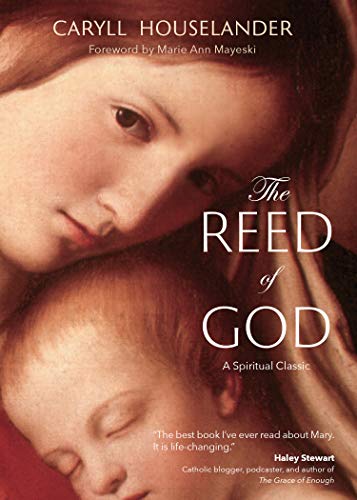All Categories


The Reed of God
Share Tweet
Get it between 2024-12-31 to 2025-01-07. Additional 3 business days for provincial shipping.
*Price and Stocks may change without prior notice
*Packaging of actual item may differ from photo shown
- Electrical items MAY be 110 volts.
- 7 Day Return Policy
- All products are genuine and original
- Cash On Delivery/Cash Upon Pickup Available








The Reed of God Features
-
The Reed of God
About The Reed Of God
First published in 1944 and now a spiritual classic for Catholics across the globe, The Reed of God contains meditations on the humanity of Mary, Mother of God. British Catholic writer and artist Caryll Houselander lovingly explores Mary’s intimately human side, depicting Our Lady as a musical instrument who makes divine love known to the world. This refreshed edition is rich and rewarding reading for all Christians who wonder what Mary was really like. While the Second Vatican Council led to a renewed interest in the theology and person of Mary, Caryll Houselander offered a simple yet profound reflection on the Mother of God almost fifteen years before the council began. Confronting the static, surreal “Madonna of the Christmas card,” Houselander provides instead an intuitive, warmly human, and approachable image of the Mother of God. Through the central image of a reed that is played for music, Houselander demonstrates how Mary chose to make herself an instrument for the divine plan, giving her inmost being to the proclamation of God’s greatness. In sharing her distinctive vision of Mary, Houselander offers the Mother of God as a model for all people seeking to be instruments of the Divine. The essays and poems in The Reed of God also reflect on the mysteries of Mary’s life and her impact on salvation history. In the book’s four parts, Houselander explores key events of Mary’s life, including her fiat, finding Jesus in the Temple, and the Assumption, as well as the themes of fruitful emptiness and the eternal search for union with God.

















